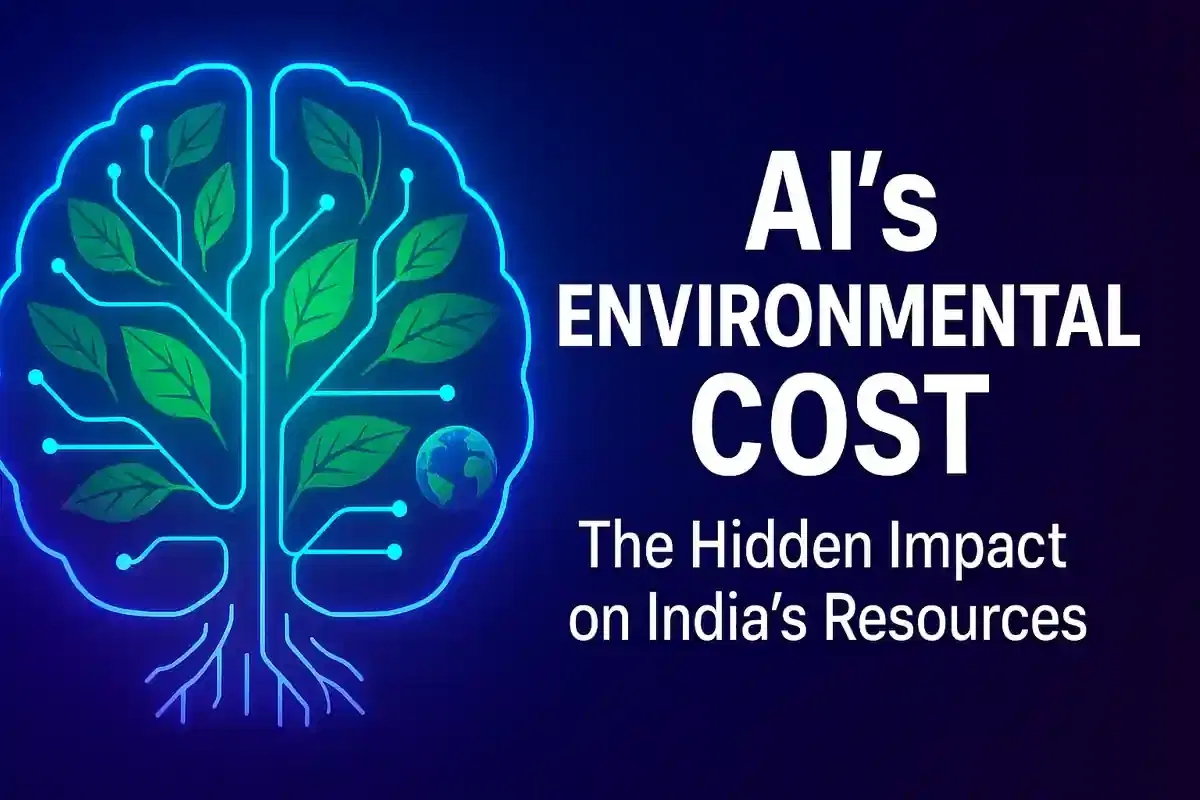AI's Environmental Cost: India Faces Growing Dilemma as Tech Use Surges
Tech
|
29th October 2025, 7:30 AM

▶
Short Description :
Detailed Coverage :
Artificial Intelligence (AI) is now deeply integrated into daily life and workplace tools, but its environmental impact is causing concern, especially for millennials and Gen Z who prioritize sustainability. AI systems have a significant carbon footprint, with Google's emissions rising 51% due to AI infrastructure. Training large models like GPT-3 emits substantial carbon dioxide, and AI data centers consume vast amounts of water for cooling and significant electricity. India faces amplified risks as its data center capacity grows, impacting already fragile energy and water systems in major cities. Despite growing environmental anxieties, AI adoption in India is high, with 87% of GDP sectors using AI and a 59% adoption rate. The government is also increasing AI use, though formal state policies lag. Potential solutions include 'Green AI,' which focuses on efficient models and renewable energy for data centers. However, experts advocate for mandatory disclosures on water and energy usage, similar to nutrition labels, to ensure transparency and accountability. The choice in adopting AI hinges on evolving regulatory approaches, highlighting a critical dilemma for a generation fighting climate change.